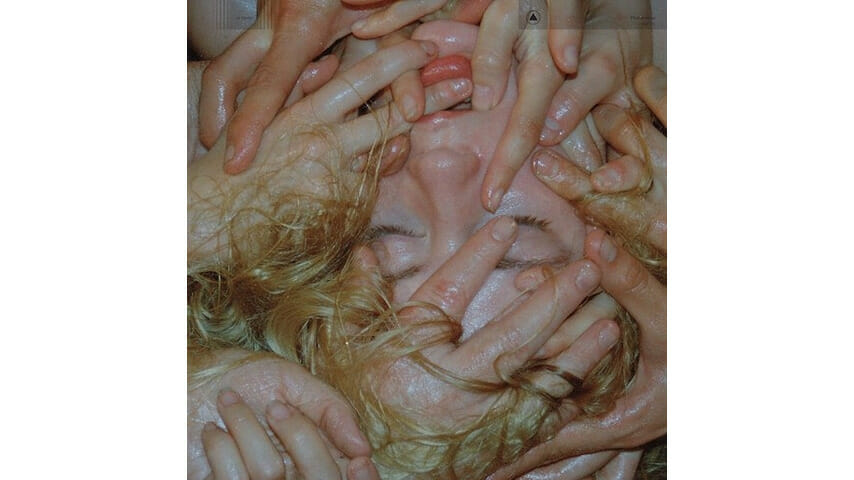Pharmakon: Contact

According to statements she’s released, Contact, Margaret Chardiet’s third album as Pharmakon is about transcending the physical – breaking out of the prison of self to connect with the world outside our skin.
-

-

-

-

-

-

-

-

-

-

-

-

-

-

-

-

-

-

-

-

-

-

-

-

-

-

-

-

-

-

-

-

-

-

-

-

-

-

-

-








































